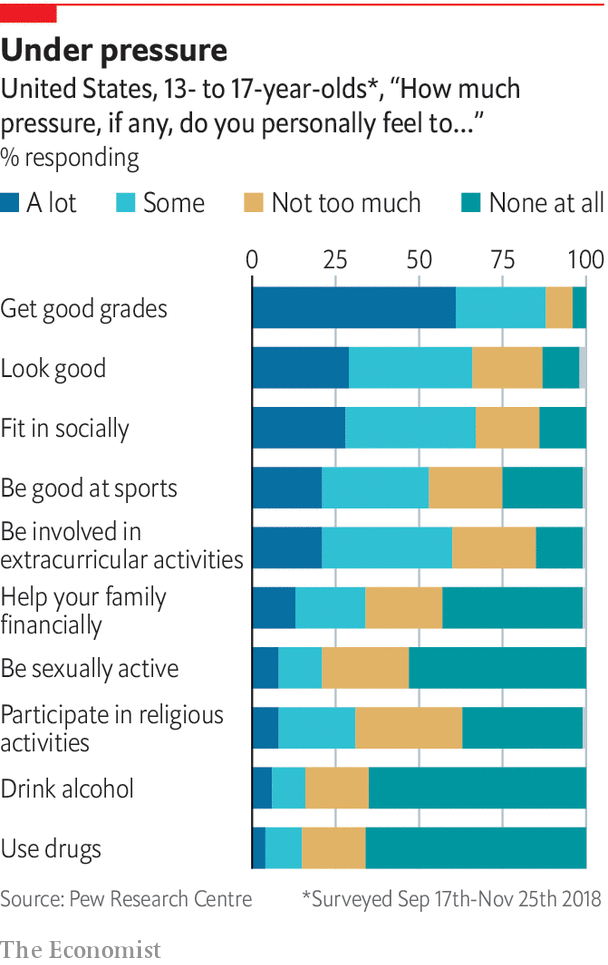It all started with a bad haircut.
Or, to be more precise, what looked like a bad haircut.
“Dad, your barber totally messed up,” my daughter told me out of the blue last summer. “She shaved off a huge section on the back of your head. You’re, like, bald back there.”
Setting aside her tone, this was a nice head’s up. We don’t really ever look at the back of our heads.
The only problem was—I hadn’t had a haircut.
Upon closer examination with a mirror and my iPhone, she was right. I had a huge section of hair missing back there, just like it was run clean with a slip of the barber’s razor. At the time, I didn’t think much about it. Out of sight, out of mind, I suppose.
Within a few weeks, I started to notice hair in the sink. Soon, a hole—dime-, then quarter-, then half-dollar-sized—started expanding over my left ear. Easily visible every day when I brushed my teeth. This was now happening.
When it got to be the size of a fist and could only be covered with a hat, I made my way to the doctor’s office, where I was diagnosed with alopecia areata. According to the Mayo Clinic, this occurs when the immune system attacks hair follicles, and it may be brought on by severe stress.
Soon after school started, I made a few attempts at military-style cuts, but the patches were still clearly visible. One day at MS lunch, a sixth-grader asked in a genuinely kind but brutally honest way: “What happened to your head?”
That night, I shaved off the remaining hair and debuted my new bald look the next day.
We all deal with stress, but the experience of having my body react in such a visible way was unnerving. I was unable to hide that something was going on. Friends and colleagues were supportive, but talking about health in general, and mental health in particular, can feel taboo.
I felt vulnerable in ways that I have not experienced in years.
Throughout the fall, I shared when asked. No, the new look was not by choice. Yes, I am doing fine. Thank you for asking.
Even though I know better, I could not help but feel wracked with self-doubt. Somehow, having my body revolt—give in to stress in such an open and visible way—felt like a sign of weakness. I’m not tough enough. Resilient enough. Good enough.
I am not alone.
 According to the National Institute of Mental Health, nearly 20 percent of US adults live with a mental health condition. The numbers seem even bigger for today’s youth. A 2018 Pew research poll of teens, aged 13-17, indicated that 70 percent thought anxiety and depression were major issues among their peers. The highest source of anxiety? The pressure to get good grades, followed by the pressure to look good and then the pressure to fit in socially.
According to the National Institute of Mental Health, nearly 20 percent of US adults live with a mental health condition. The numbers seem even bigger for today’s youth. A 2018 Pew research poll of teens, aged 13-17, indicated that 70 percent thought anxiety and depression were major issues among their peers. The highest source of anxiety? The pressure to get good grades, followed by the pressure to look good and then the pressure to fit in socially.
In a high performing school like Cary Academy, there can be tremendous pressure on our students. With so many smart and ambitious peers, many students talk about feeling a sense of impostor syndrome. This can make it harder to seek help when necessary. Who wants to open the door on the idea that you are struggling? Let in the demons of self-doubt?
This is an issue that schools need to confront in an open and transparent way. We need to destigmatize the stress dilemma.
In November, the Cary Academy Board of Directors approved the next iteration of our strategic plan. We seek to build on the good work done over the past few years by largely keeping the same vision in place, with the addition of one significant phrase:
Cary Academy will create personalized learning opportunities that are flexible and relevant in an environment that supports student wellbeing. We will cultivate self-directed and bold life-long learners who make meaningful contributions to the world.
It is a bit early to know exactly how this will manifest, but it is safe to say that we will be looking at academic programs, student feedback processes, support systems, and calendars and scheduling.
I had no choice but to confront my stress dilemma. It literally started staring back at me in the mirror each day. But these issues are complex, multifaceted, and deeply—sometimes painfully—personal. It can be hard to know where to turn or who to trust. We need to make sure that the Cary Academy environment supports wellbeing and provides access to resources and the development of skills to not only cope but to thrive.
After a trimester rocking the Jason Statham look (minus the muscles and accent), I’ve stopped shaving my head. I may be a little patchy in places—but aren’t we all? That’s just going to have to be good enough.


Thank you for courageously addressing this topic. Some of us were beginning to worry. Glad it’s not so bad in the grand scheme of things!
Thank you, Dr. Ehrhardt. I wish you all the best in your personal journey, and I am grateful that student well-being is an integral part of CA’s vision.
So refreshing, courageous and potentially transformative to explore the issues of anxiety, depression and other mental health issues. How can we begin if we are in denial or shame? I hope that CA will address these topics, including addiction, drug use and abuse in a more direct and systematic manner in future years. Awareness and knowledge begin with open dialogue. Thanks, Dr. Ehrhardt!
❤️